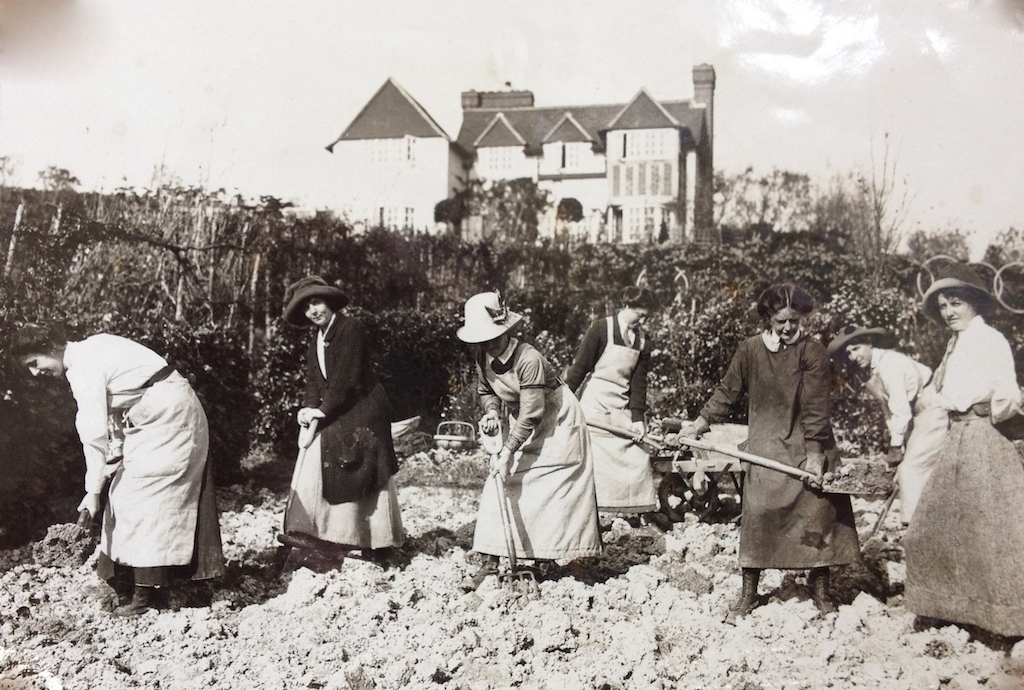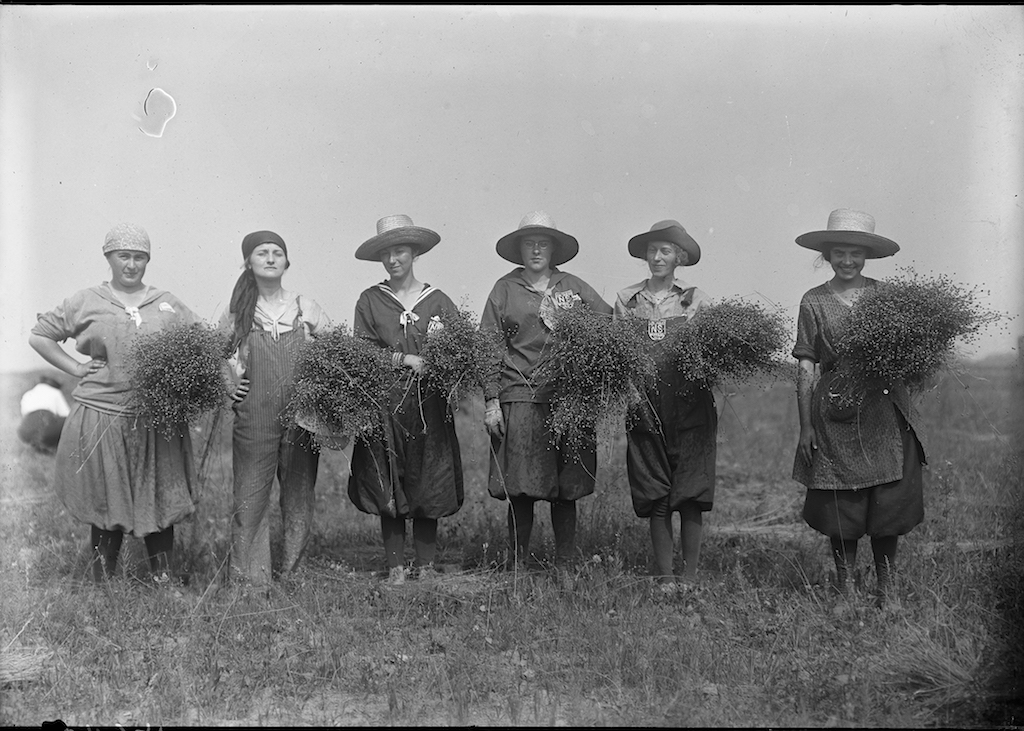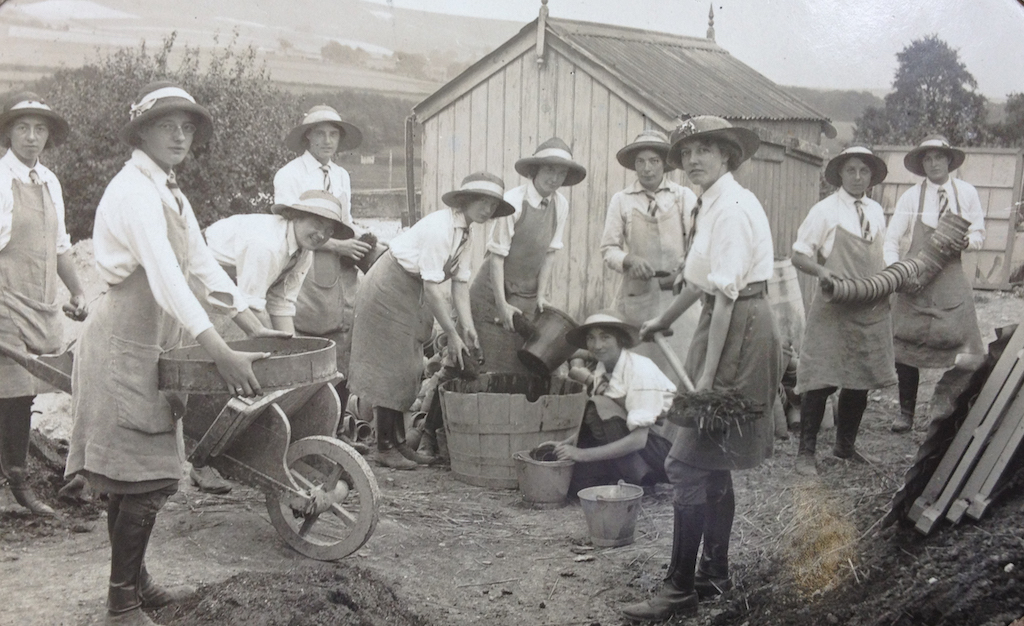
The Glynde School For Lady Gardeners in Sussex, England, established by Lady Frances Wolseley in 1902. // Papers of the Viscountess Frances Wolseley, Hove Central Library, Hove, Sussex, Commonplace Book no. 196
Huzzah! History book wins awards
 The University of Manitoba Press is celebrating a series of book awards for one of their recent titles.
The University of Manitoba Press is celebrating a series of book awards for one of their recent titles.
Imperial Plots, the fourth book by University of Alberta scholar and U of M alumna Sarah Carter [PhD/87], won two major prizes at last week’s Congress of Humanities and Social Sciences.
At the Canadian Historical Association’s annual meeting, Imperial Plots was awarded the Clio Prize (Prairies) for its “exceptional contribution” to regional history.
It also won the CHA’s Sir John A. Macdonald Prize for the “work of Canadian history judged to have made the most significant contribution to an understanding of the Canadian past.”
At the award ceremonies, the Macdonald judges made the following statement:
“This book explains the formation of the Canadian West as a British-Canadian colony and reveals how homesteading denied property rights to women. Throughout, it offers incisive reconsiderations of what it means to be ‘Canadian,’ demonstrating that gender, race, and property have been central to the making of this country. Carter effectively moves from the macro level of national and imperial visions to the micro level of particular women. While none should be surprised that imperialism was central to the colonization of western Indigenous lands, Carter exposes just how far Canadian policymakers went to exclude married women from enjoying a right to property. By offering comparisons with the American west, we learn that the strength of this opposition was peculiarly Canadian. Indeed, before and after contact, Indigenous women were the farmers of the Great Plains. Yet after prairie reserves were established, Indigenous women were limited to kitchen gardens while white men assumed their place on the land.
“Sarah Carter makes a strong contribution to our understanding of Canada’s emergence as a country, illuminating ongoing struggles around gender equality, Indigenous rights, and humans’ relationships with their natural environments.”
In addition, this spring Imperial Plots was shortlisted for both the Wilson Book Prize and the Stubbendieck Great Plains Distinguished Book Prize. It won the Gita Chaudhuri Prize for the best book of history of women in rural environments, from any era and any place in the world.
“We are proud to have published Sarah Carter’s landmark new book,” says University of Manitoba Press Director David Carr. “Imperial Plots is a sweeping history written by a scholar with deep roots in the Prairies and a masterful command of the research.”

“Farmerettes” of Ontario c. 1917–18. // City of Toronto Archives, William James Family Fonds 1244, items 640 and 640A.








